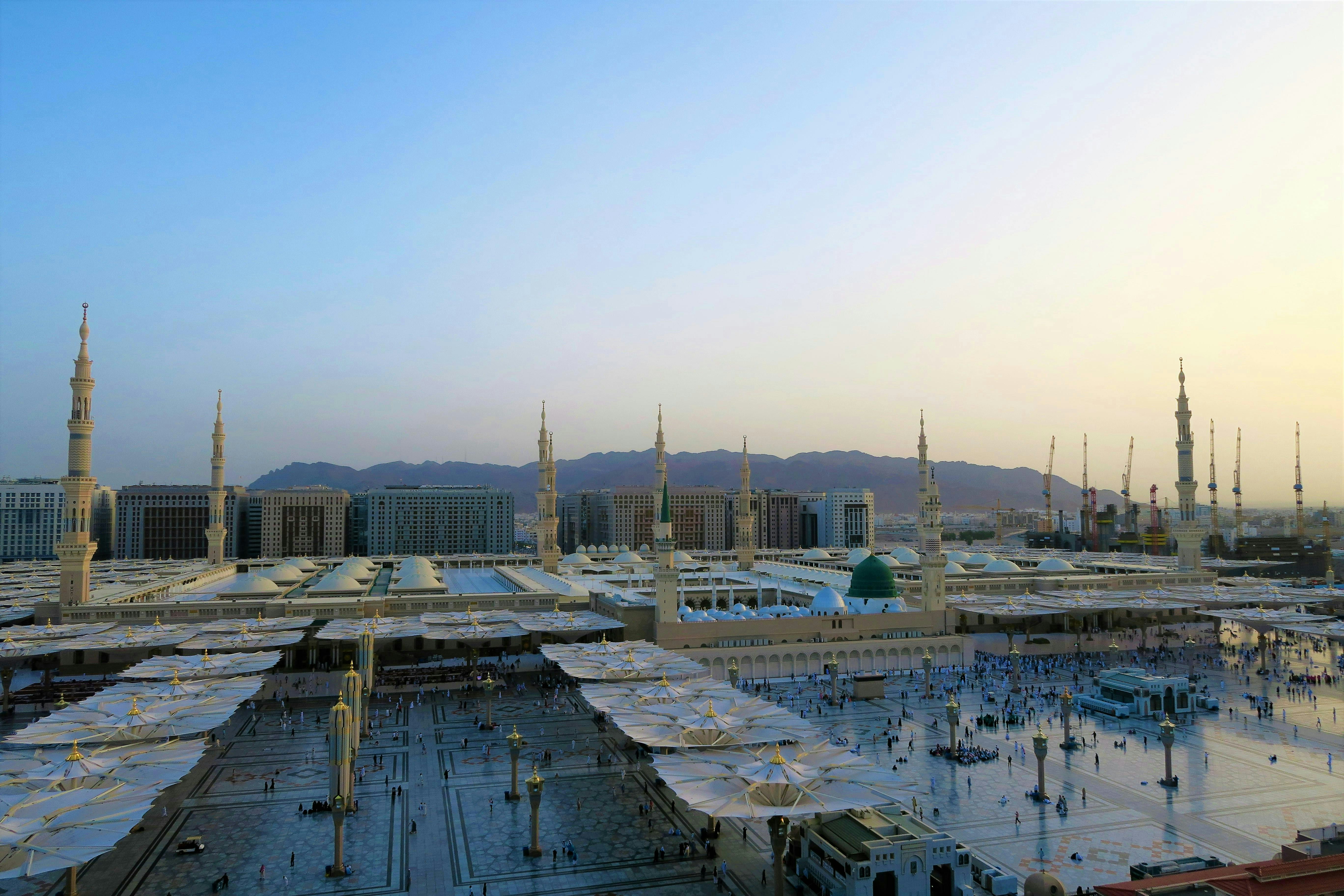How Saudi Arabia is building long-term private market success: Vision, adaptability, and investment

In spite of regional geopolitical turbulence, Saudi Arabia is continuing to grow as a dominant force in Middle Eastern private market investments.
In January we launched SuperReturn Saudi Arabia in Riyadh, and we're excited to return in January 2026, bringing together global and regional LPs and GPs who want to become part of one of the world's fastest growing private markets. Ahead of the event we spoke to Muhannad Qubbaj, Founding Partner, Olive Rock Partners, about how Saudi Arabia is continuining to develop it's ecosystem to further investment in the region. Read the interview below to learn about the latest changes in the region and set yourself of for a successful event in January.
How have NEOM and the Red Sea projects developed since last year?
In the past few years, much of the conversation around NEOM and the Red Sea was about vision and ambition. Today, we’re finally seeing that vision materialize — in stages, yes, but tangibly. Infrastructure is visible, cranes are on-site, and the first hospitality assets have begun to operate.
What excites me most, though, isn’t just the physical progress — it’s the ecosystem forming around it and rippling outward. Entire supply chains are now emerging to support these giga-projects: logistics, construction technology, healthcare, and renewable energy.
These projects are becoming investment catalysts rather than planned destinations. They signal that Saudi Arabia’s transformation is no longer solely government-led; there is now clear creation of investable adjacencies and a nurturing of private-sector champions.
It’s also worth noting the nimble and pragmatic nature of decision-makers, which is allowing these projects to grow at a steady and sustainable pace — shifting gears thoughtfully as organic evolution unfolds.
How is Saudi Arabia managing geopolitical and macroeconomic pressure?
Resilience in Saudi Arabia is about vision and adaptability. Simple.
The country’s fiscal reforms, proactive monetary stance, and disciplined oil strategy have allowed it to navigate turbulence with confidence — all while accelerating diversification away from fossil-fuel dependency.
The Public Investment Fund has served as a counterweight to the global slowdown, channeling investment toward sectors that anchor long-term growth.
What’s striking now is the increasing maturity of the private sector. Entrepreneurs and investors aren’t waiting for the next tailwind; they’re building through volatility and mastering the lessons that come with it. There’s a quiet, steady confidence — a belief that capital deployed with purpose will find its return, even when times are uncertain.
How are sectors like healthcare, infrastructure, and tech/AI driving growth?
Healthcare has been one of the most profound transformation stories. What was once a fragmented, reactive system is now being rebuilt with scale, specialization, and technological excellence. It’s about data, patient experience, and outcomes.
That intersection between healthcare and technology is where private capital can be both catalytic and responsible.
Infrastructure and digital infrastructure, meanwhile, are laying the foundation for everything else — from logistics networks to data centres, which have become a national priority. And technology, especially AI, is becoming the connective tissue across all sectors. It’s an era where operational excellence and innovation finally coexist — and that’s where value creation becomes most exciting.
Case in point: the recently launched Humain captures the essence of Saudi ambition — local innovation built on global collaboration, with AI as both a tool and a philosophy for progress.
A year ago you mentioned Saudi’s maturing stock market. How is that looking now?
Tadawul has continued to deepen — in both liquidity and sophistication, and increasingly in openness to foreign participation. The pace and quality of IPOs have improved, and, more importantly, the market is now providing credible exit pathways for private capital. That changes the equation entirely: the ability to recycle capital domestically and attract institutional investors who truly understand the local growth story.
Liquidity may remain uneven globally, but within Saudi Arabia, we’re seeing capital behave with conviction. Institutional allocators are more discerning, yet also more confident in backing managers who demonstrate alignment, execution, and governance — and these allocators are the very vote of confidence retail investors look to. It’s a healthier, more intelligent market.
What are you most excited about in Saudi private markets over the next 2–5 years?
The next few years will define the true identity of Saudi private markets. We’re moving from a phase of access — where the focus was simply on participation and catalyzing — to a phase of tangibility and performance. Independent managers are emerging with early track records, meaningful alignment, and ambition that can stand on any global stage.
What excites me most is the convergence of capital, conviction, and capability. It’s not just about investing in growth; it’s about building institutions that endure — ones that will create their own ecosystems. The region’s private markets are finally maturing, supported by the right infrastructure, and the next chapter will be written by those who deliver both purpose and performance.